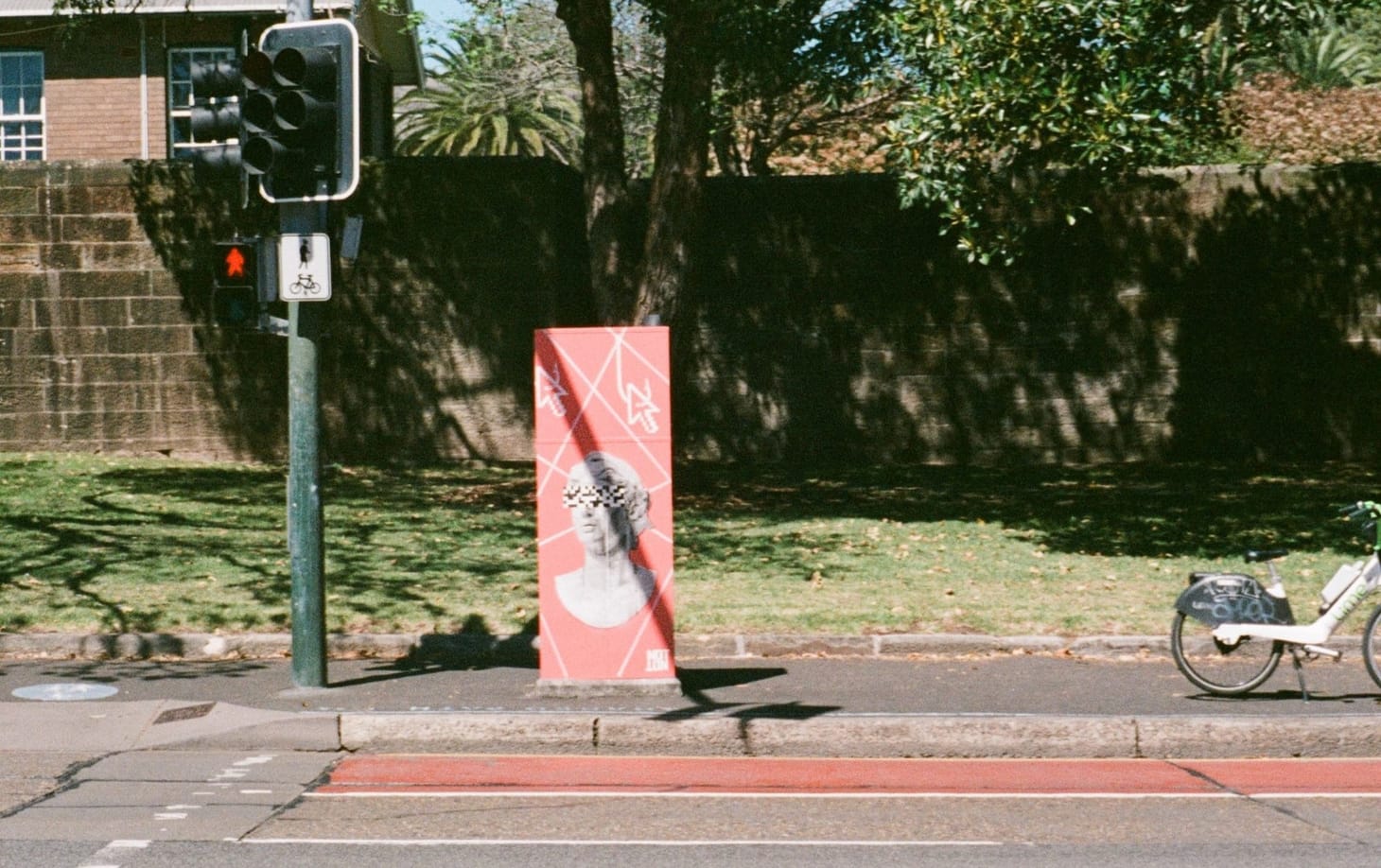What feel-good surveillance has cost us

Everyone loves a feel-good moment. I am as susceptible to a good ‘hopecore’ video as the next person; relishing these reminders that people are normally good to one another as a reprieve from hundreds of posts asserting the opposite.
I have also experienced my fair share of feel-good moments that I am grateful were not recorded or that I chose not to share publicly.
Years ago, at a music festival, a stranger that must have been an angel or an off-duty nurse (or both) patiently talked me through a terrible panic attack. While the person I was with looked on helplessly she sat me against a wall and had me describe 5 things I could see, 4 things I could feel, etc. until the hyperventilation stopped. This happened in February 2016; years before TikTok and one month before Instagram changed to an algorithmic feed. Even if someone had recorded and posted this interaction to social media there was no way for a platform to push it to the top of the feed for everyone in the vicinity to identify me in the comments. Once we said our goodbyes, aside from my memory of her kindness - and this retelling of it - there was no proof this interaction ever happened.
Last week a video of a similar situation went viral. It featured a young, distinctively dressed man having an emotional conversation with an older man on a bus. The on-screen text, caption, and comments were full of the same sentiments. ‘Faith in humanity restored’. ‘How heartwarming’. ‘Proof that we’re all just people’.
Well, most of the comments. One confirmed my fear about videos like this. The young man from the video, baffled that a video of him crying in public now had millions of views, commented ‘that’s me bruhhhh’. In a later stitch of the video, he addresses the stranger that recorded him: ‘you should have asked me before posting that. That’s so fucked up’. He’s right. For every person that had their ‘faith in humanity restored’ by seeing the video in which he had been so vulnerable someone else had their suspicions confirmed that if they were to let their guard down in public they may end up going viral too (at the time of writing, 9 days after it was posted, the original video has 45M views).
Awareness of surveillance changes the way your brain behaves, whether you are able to register the difference or not. In a world where you can't escape being filmed, how can we ever truly act like ourselves?
This content is for Paid Members
Unlock full access to make obsolete after reading and see the entire library of members-only content.
SubscribeAlready have an account? Log in